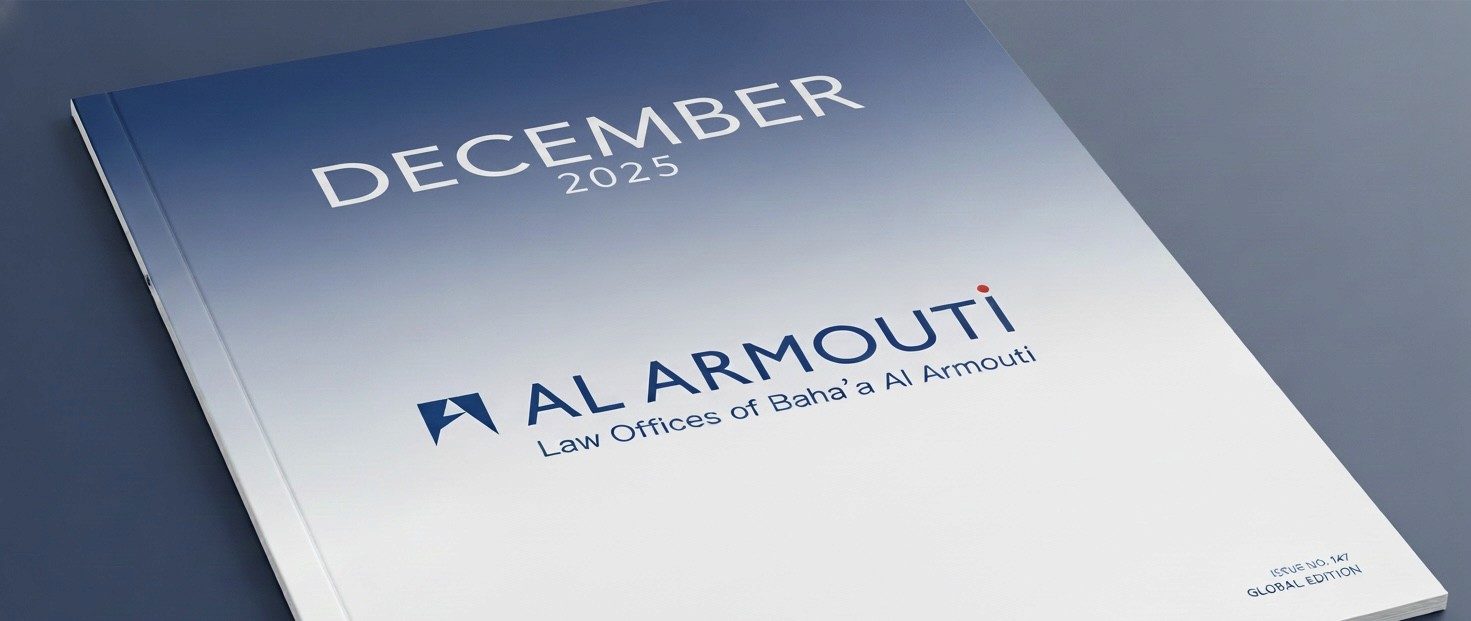A Note on Trade Remedies in the UAE
Baha'a Eddin Al-Armouti
Aug 7, 2020
The UAE's protection of national industries has long been regulated under the 'Unified Gulf Cooperation Council Law on Anti-Dumping, Countervailing, and Safeguard Measures' published in 2004.
Under the unified law, any national industry that can prove injury from "faulty" competition of similar imported products, whether for being unfairly sold at dumped or subsidized prices or surging into the local market in significant quantities, is entitled to protection. Protection measures, aka trade remedies, take the form of a tariff increase on subject imports for a specific duration, reaching as much as five years in anti-dumping and anti-subsidies and four years in safeguards, subject to renewal for similar periods under certain conditions.
In practice, the UAE, as a member of the Gulf Cooperation Council (GCC), resorted to the unified law only once. In 2009, Al Jazeera and Umm al Quwain companies, significant producers of uncoated paper in the UAE, filed a safeguards petition against like imports. The claim was that such imports had surged into the UAE market in such increased quantities that caused serious injury to the GCC industries producing like products. However, the investigation ended negatively, and no safeguard measure was applied.
A significant reason behind UAE industries' infrequent recourse to the Unified Law could be the law's burdensome process of preparing and filing trade remedy petitions. Article 2 of the law defines the domestic industry as "Member States producers as a whole of the like products or those whose collective output constitutes a major proportion of the total domestic production of those products." According to this definition, an affected domestic industry of a particular product in any GCC country cannot file trade remedy petitions against imports unilaterally. Instead, companies must submit petitions constituting a significant proportion of the concerned industry in all GCC countries.
This task has been practically difficult to fulfill, especially in light of the absence of a central "chamber of industry" that can provide timely data on the various industries' capacities, operations, and market shares across GCC countries. However, despite these difficulties, UAE industries have still enjoyed some protection from measures by the GCC. Notably, trade remedy investigations in the GCC picked up momentum in the past five years, fueled by the progress in the capabilities of the central investigation authority: the Bureau of Technical Secretariat for Anti-Injurious Practices in International Trade (TSAIP), located in Al Riyadh, the capital of Saudi Arabia.
To date, nine trade remedy measures have been imposed by the GCC; "provisional" safeguard measures on Ferro Silicon Manganese (2016), anti-dumping measure on imports of car batteries from South Korea (2017), safeguard measure on imports of flat-rolled iron and steel (2018), safeguard measure on uncoated paper and paperboards (2019), safeguard measure on chemical plasticizers (2019), safeguard measure on Cement Additives (2019), anti-dumping measure on Ceramic Tiles from China and India (2020), anti-dumping measure on water-cement from Iran (2020), and anti-dumping measure on aluminum alloys from China (2021).
In 2017, the UAE government issued a new trade remedies law in an attempt to facilitate the prolonged process required under the unified law for preparing and submitting petitions. This law empowered the UAE government to independently and unilaterally investigate petitions filed by UAE industries and apply trade remedy measures against "faulty" imports surging into the UAE market apart from the GCC framework.
Nevertheless, the new law preserved the right to file trade remedy petitions under GCC's unified law, providing a broad protection opportunity for UAE industries' sales in the UAE market in addition to GCC countries' markets.
Undoubtedly, much work is still needed to encourage the national industries to take advantage of the new law, mainly by spreading awareness of protection tools and investigation procedures. Regarding exports, the UAE Ministry of Economy has been actively defending the interests of the UAE industries in trade remedy investigations conducted on UAE exports worldwide. The first investigation initiated on UAE exports was in 2000, when exports of white cement were subjected to anti-dumping proceedings in India. More than fifty trade remedy investigations were conducted globally on UAE exports, mostly PET Film Polyethylene Terephthalate and Float Flat Glass products.
UAE exports were also hit by the "Trump Measures" imposed on steel and aluminum imports in 2019, at a time when the UAE was the third-largest exporter of aluminum to the US market.
I anticipate trade remedy investigations to increase in the UAE and the GCC amid the worldwide economic turbulence caused by the coronavirus pandemic, which forced countries worldwide, especially developed countries, to resort more frequently to protectionism to maintain and boost national industries' competitiveness in local and export markets, which also led major exporting players, like China, to divert many of its exports to other destinations at low prices.
Latest blog
stay in the loop


